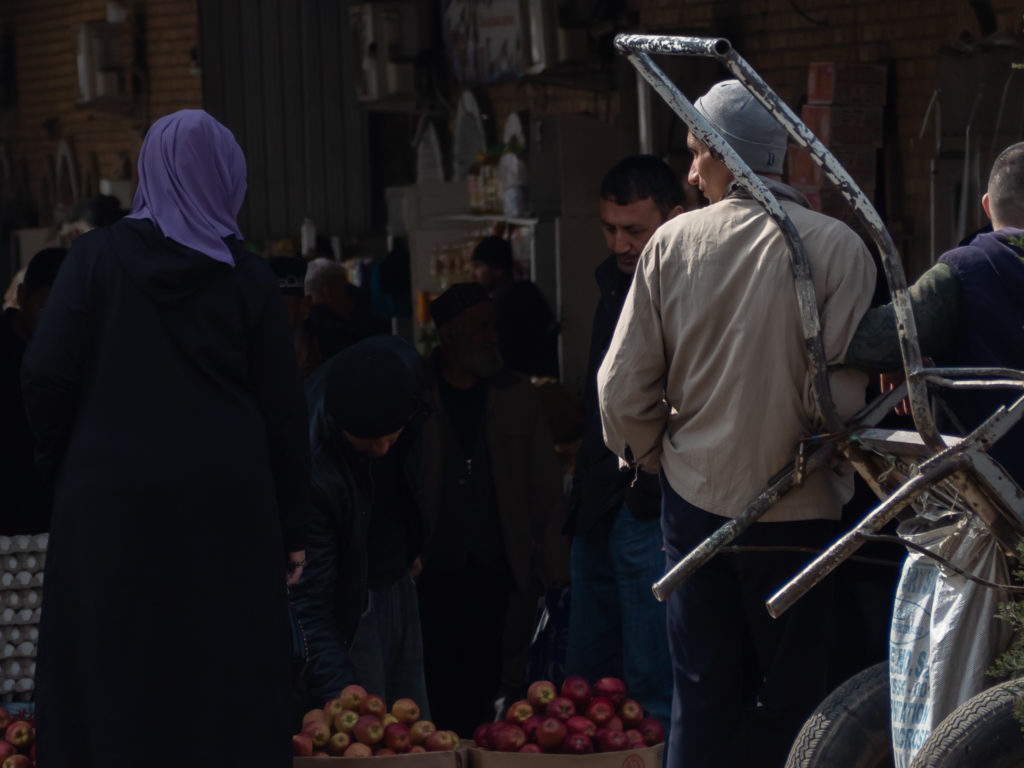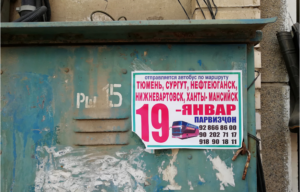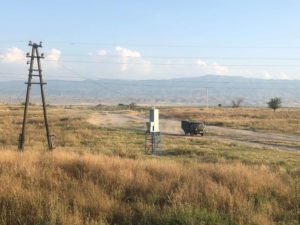The effects of sanctions against Russia are being strongly felt in Tajikistan. The Central Asian post-Soviet republic’s economy has been stagnant for years and many had left to find work in Russia. The instability in reaction to Russia’s activities in Ukraine is affecting almost every aspect of daily life. In Dushanbe, Tajikistan’s capital city, life is getting expensive. As American media Eurasianet remarks, Tajikistan is highly dependent on Russia economically, and many families count on remittances from relatives working there. According to World Bank data, remittances consisted of 26.7 % of Tajikistan’s gross domestic product (GDP) in 2020, which makes it the third most dependent country in the world. With the increasing sanctions being placed on Russia following the on-going conflict in Ukraine, and the subsequent boast to the dollar, almost everything has become more expensive in the past weeks. Feruza, a teacher working at a private university, spoke to Novastan of the impact the changing dollar price has had on her family. “I had to pay the fees for my son’s school a few days ago. Now the somoni is so weak against the dollar; it’s like I’m paying an extra 100 dollars in the previous rate”, she explains.
The fees for international schools can generally be paid in dollars or somoni, but the price is, like most expenses, set by the dollar. “I wanted to pay in dollars but when I went to the bank, they told me that they are not allowed to pay out dollars. I explained it was to pay for my son’s school fees but they said, ‘No, we can only give you dollars with permission from the bank manager, and only if your account is in dollars.’ There were others there with a similar problem”, describes Feruza.
Sending money home becomes more expensive
Generally, people often opt to exchange money on the black market, rather than go to the bank. “You can find a better rate if you shop around, but it’s very dangerous,” Nagina, an office worker from Gorno-Badakhshan, in eastern Tajikistan, explained to Novastan. “My children are living in Moscow and we don’t usually need them to send money home. But if it’s needed, right now it is better to find someone travelling from Russia to Tajikistan, rather than using the bank”, she says. When payments are sent from Russia, they are paid in ruble and received in somoni. Due to the ruble’s depreciation following the sanctions, people working in Russia need to pay extra to reflect the changing price and secure the needed amount of somoni. It is therefore easier and more cost-effective to send dollars in cash with someone making the journey. This current instability is nothing new, as Nagina highlights. “We are experienced. During the financial crisis, it was the same so we know how to prepare. We buy food to store, things like oil or flour which last for a long time. We don’t know when the prices will change again, so we have to be prepared”, she describes. Food insecurity is already a major issue in Tajikistan with up to 27 % of the population living on 1.90 dollars (£1.44) or less per day, according to USAID. While many families received a one-time payment of 500 somoni (£29.16) during the Covid-19 pandemic, it is yet to be announced how the Tajik government will respond to current price hikes.
Prices heavily rely on the dollar
“For me, it has affected my day-to-day costs of course, and my business a little,” import-middleman Alisher explained to Novastan. “People are shopping less. For example, see this iPhone case. Before it was maybe 10 somoni (£0.58), now it’s 16 (£0.93)”, he says. Around the capital, businesses have increased their prices to reflect the new cost of living. A small portion of oshi pilau, Tajikistan’s national dish, typically cost 16 somoni (£0.93) but has risen to as high as 20 somoni (£1.16). Most significantly, the price of petrol from the Russian supplier Gazprom has risen from 10.30 somoni (£0.60 per litre) to 12 somoni (£0.70). “Everything here is connected to the price of the dollar,” Alisher concluded. “The dollar is everything in Tajikistan.”
Fiona Katherine Smith Editor and writer for Novastan in Dushanbe
For more news and analysis from Central Asia, follow us on Twitter, Facebook, Telegram, Linkedin or Instagram.
 Effects of Sanctions on Russia strongly felt in Dushanbe
Effects of Sanctions on Russia strongly felt in Dushanbe 



